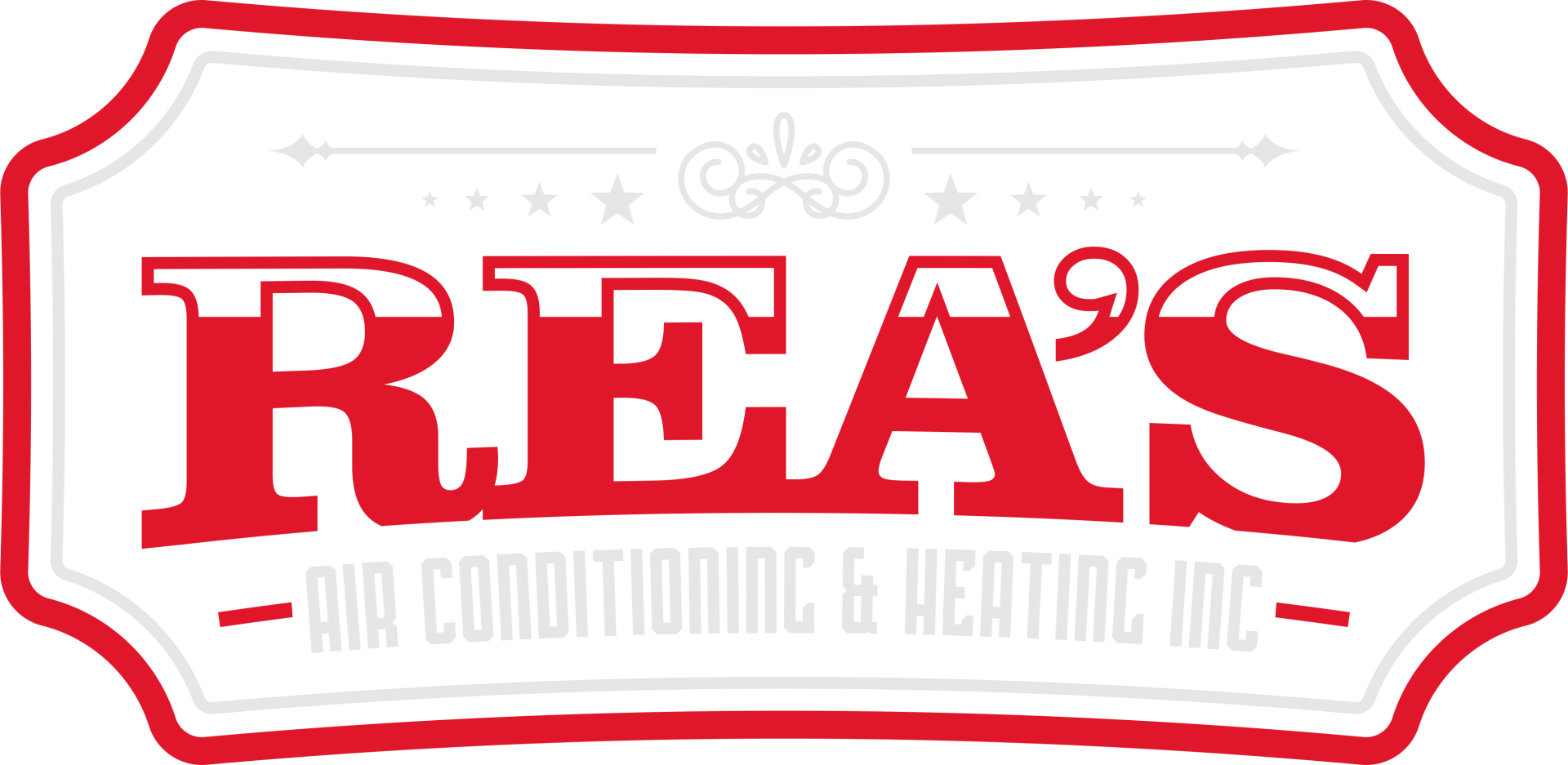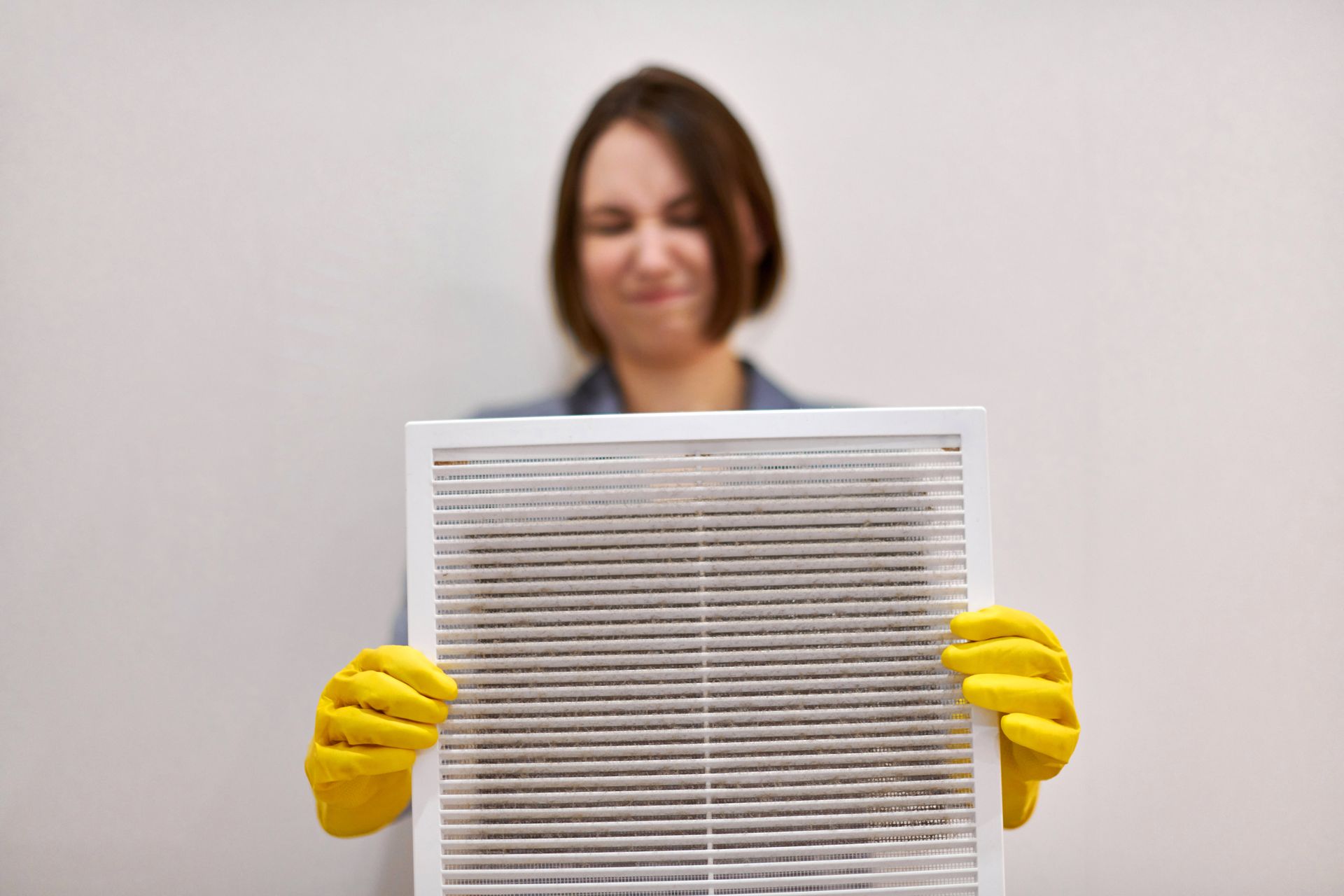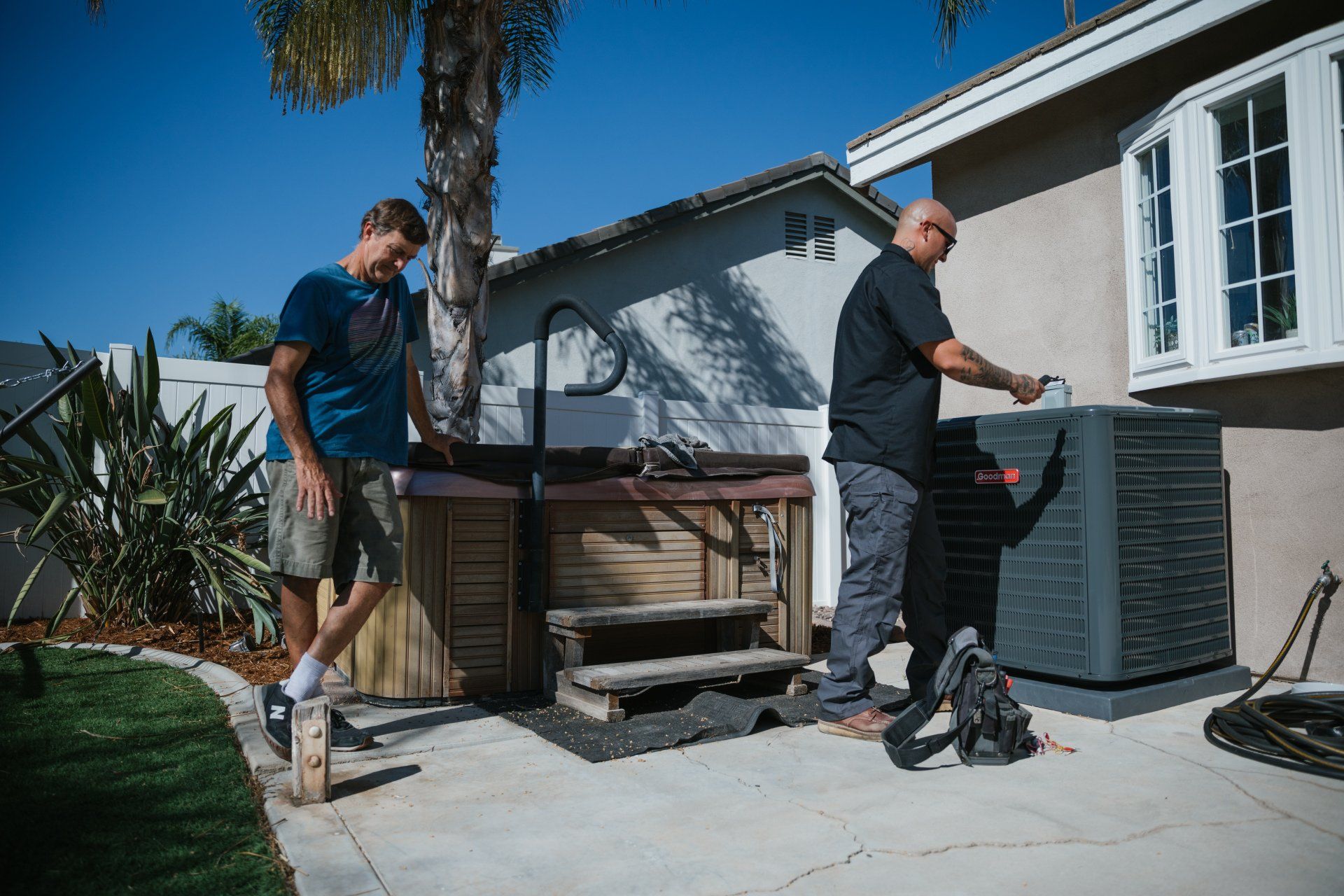DIY HVAC Maintenance: What You Can Do and When to Call a Pro
Maintaining your home's HVAC system ensures it runs efficiently, lasts longer, and keeps your energy bills in check. While some aspects of HVAC maintenance can be complex and require professional attention, there are numerous tasks that homeowners can undertake themselves to keep their systems in top shape. In this post, we’ll explore the manageable DIY maintenance tasks for most homeowners and identify when it's time to call in the pros.
DIY Maintenance Tasks for Homeowners
1. Changing Air Filters
One of the easiest and most impactful tasks you can do is to regularly change the air filters in your HVAC system. Dirty filters restrict airflow, forcing your system to work harder, which can lead to higher energy bills and a shortened lifespan for your unit. Check your filters every 30 to 60 days and replace them as needed.
2. Cleaning Vents and Registers
Dust and debris can accumulate on vents and registers, obstructing airflow and decreasing system efficiency. Vacuum the vents throughout your home every few months to remove any dust buildup. Make sure the vents are not blocked by furniture or drapes.
3. Inspecting and Cleaning the Outdoor Unit
The outdoor unit of your HVAC system can get clogged with leaves, dirt, and other debris. This can impair its ability to function effectively. Ensure it's clear of debris by gently hosing it down and trimming any plants obstructing airflow.
4. Checking Thermostat Settings
Ensure your thermostat is working correctly by checking its settings. If you have a programmable thermostat, ensure it’s set according to your schedule for optimal energy savings.
5. Inspecting Insulation on Refrigerant Lines
Check the insulation on refrigerant lines leading into your house. If the insulation is frayed or missing, replace it to ensure your system operates efficiently.
When to Call a Professional
While many maintenance tasks are within the reach of homeowners, certain situations require the expertise of a professional. Here are signs you need to call a pro:
1. Annual Maintenance Check-Up
It’s advisable to have a professional HVAC technician perform an annual maintenance check-up. This includes checking coolant levels, inspecting electrical components, and testing the system's performance.
2. Strange Noises or Smells
If your HVAC system begins making unusual noises, such as grinding, banging, or squealing, or strange smells like burning or mustiness coming from the unit, it’s time to call a professional.
3. Poor Performance
If your system can’t keep up with temperature demands or is constantly cycling on and off, these could be signs of a deeper problem that requires professional diagnosis and repair.
4. Refrigerant Issues
Handling refrigerant requires special certifications due to its potentially hazardous nature. If you suspect your system is low on refrigerant or has a leak, contact a professional.
5. Electrical Issues
Any problems that involve electrical components should be handled by a professional. This includes issues with your HVAC system's breaker, wiring, or fuses.
Conclusion
Proper maintenance of your HVAC system extends its lifespan and ensures it runs efficiently, saving you money on energy bills and avoiding costly repairs. By taking on manageable DIY maintenance tasks and knowing when to call in the professionals, you can keep your system in prime condition and ensure a comfortable home environment year-round. Remember, when in doubt, it’s safer and often more cost-effective to
consult with a professional.






